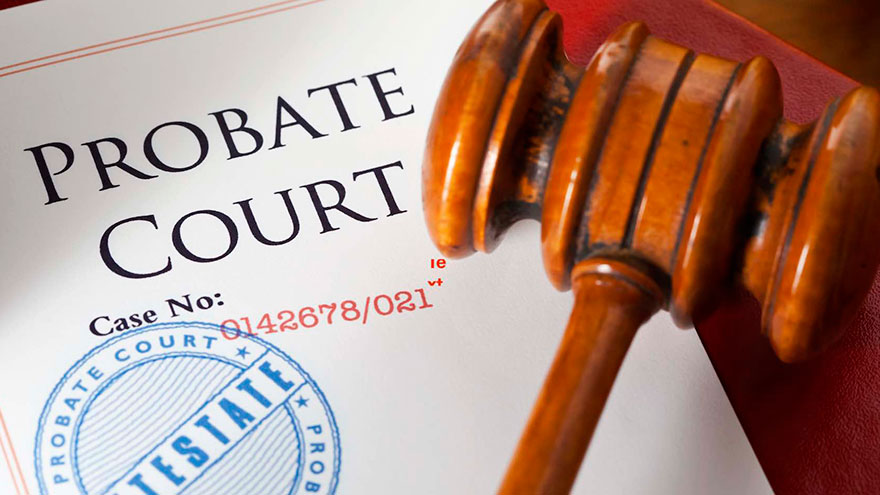What Is Probate Court?
A probate court is part of a unified court system in the United States that is charged with handling cases involving estates, wills, trusts, guardianships, conservatorships and other matters.
Historically, probate courts were independent of other courts. States in the U.S. began moving towards more fully unified court systems in the 1970s. Through this process, most probate courts in the country are now really separate divisions or departments of the unified court system. Nevertheless, separate procedures still are followed in probate court.

General Procedures
Probate court maintains a very strict set of procedures. Unlike other types of courts–general civil or criminal courts, for example–in which there can be considerable flexibility in regard to rules of procedure, such is not normally the case in probate court.
In probate court deadlines are crucial and largely set in stone. For example, in the case of an estate, certain deadlines are established either by applicable law or the court itself. Extensions will be either impossible or extremely difficult to obtain.
Similarly, statutes relating to probate matters require certain types of notifications to be made during a case. The judge in a particular proceeding will order certain notices to be provided as well. If there is a notice failure in probate court, the consequences can result in serious penalties, including dismissal of certain types of case.
Wills and Estates
In understanding what is probate court, a great deal of such a court’s docket is devoted to matters of wills and estates. Probating wills and establishing estate proceedings for certain individuals who die without a will constitute a large part of the responsibilities of the probate court.
During these types of proceedings the probate court issues a variety of orders and has general oversight over cases involving wills and estate proceedings lacking wills. Indeed, the court ultimately approves the manner in which the assets set forth in a will or included in an estate are distributed.
Guardianships and Conservatorships
Probate courts are also vested with the authority to establish guardianships and conservatorships. A guardianship is designed to ensure that the personal interests of an individual with a physical or mental disability are protected. A conservatorship is established to protect the financial interests of an individual incapable or unable for some reason to deal with these types of affairs.
The probate court is also responsible for overseeing guardianships and conservatorships as long as they are in force and effect.
Adoptions
In many states, the probate court is charged with dealing with adoption cases. (In other jurisdictions, family court is responsible for adoption cases.)
If adoptions are assigned to probate court, that court oversees all aspects of these types of cases from termination of parental rights to actually issuing an order to decree approving the adoption.
Name Changes
Some jurisdictions also designate the probate court as the venue in which a person can seek a legal name change. In other states, name changes are handled by more generalized civil court divisions or departments or through the family court.
You Might Also Like :: Who Needs Probate Court?

